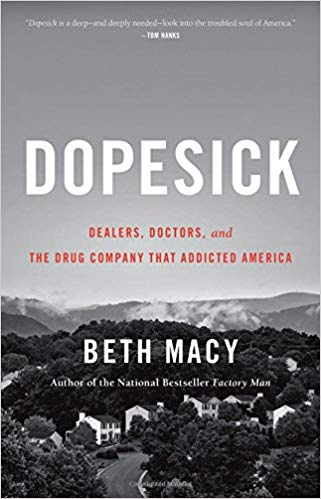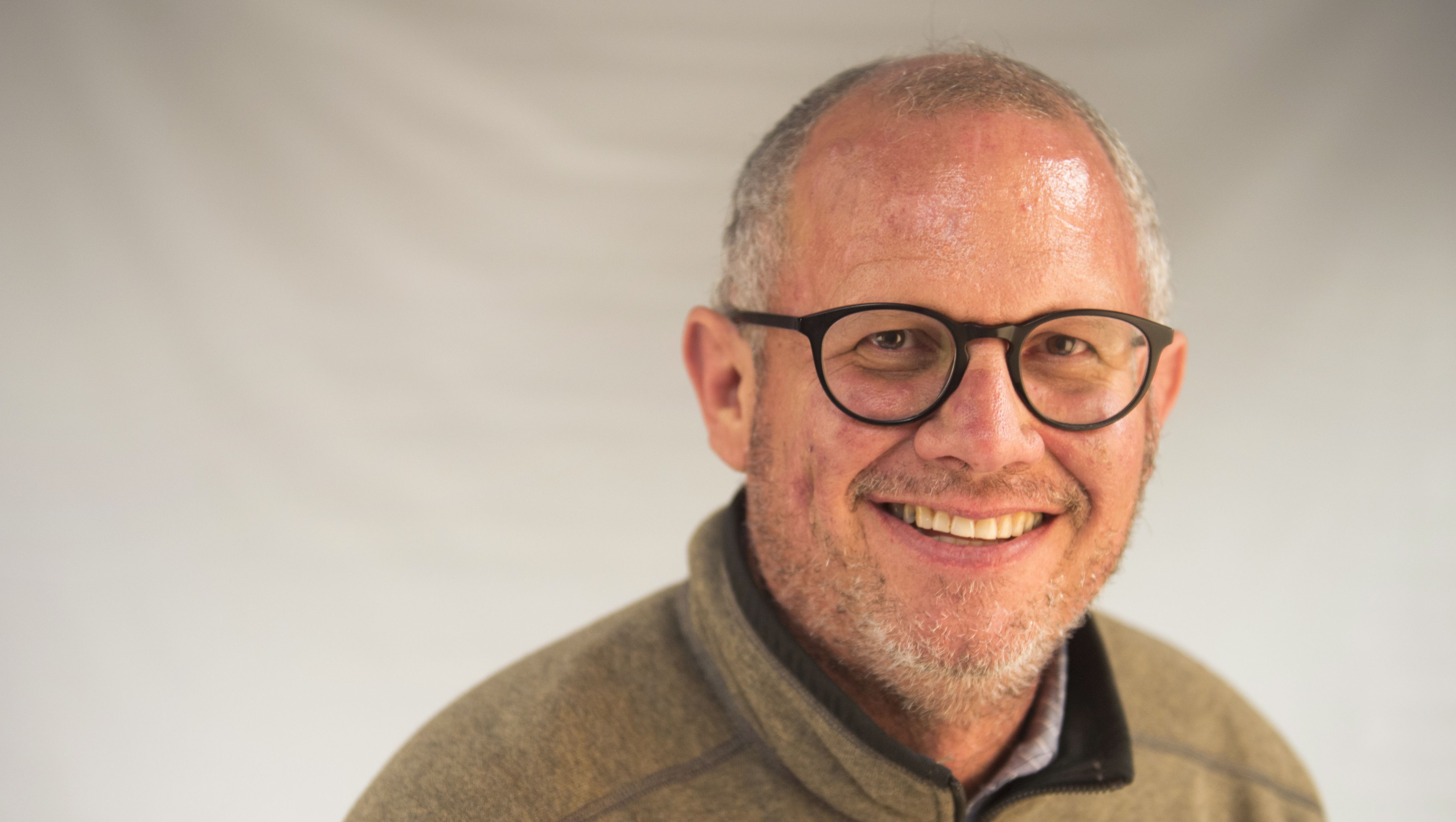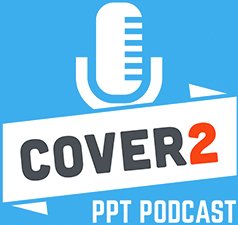This is part three of our “Dopesick” podcast series. In parts one and two, we sat down with New York Times writer and bestselling author Beth Macy and discussed what made Appalachia so vulnerable to the opioid crisis. We touched on Purdue Pharma’s marketing efforts and the impact they had on OxyContin sales, which devastated the region.
Today we talk to Dr. Stephen Loyd and Dr. Robert Pack about the transformation of their community, which helped establish OverMountain Recovery. This is an outpatient treatment program in the heart of Appalachia that provides counseling and treatment for those battling addiction. We begin today’s podcast with an introduction from Macy.


Beth Macy

Beth Macy is the author of the critically acclaimed and New York Times-bestselling books, Factory Man, Truevine, and Dopesick: Dealers, Doctors, and the Drug Company That Addicted America (2018).
Growing out of three decades of reporting from the same Virginia communities, as her prior books did, Dopesick unpacks the most intractable social problems of our time: the opioid crisis, set against a landscape of job loss, corporate greed and stigma, along with the families and first responders who are heroically fighting back. Overdose deaths are now the equivalent of a jetliner crashing in our country every day, and yet the government response to the epidemic remains, in a word, impotent.
Dopesick is, in many ways, the sequel to Macy’s first book, FACTORY MAN. It lays out exactly how the jobless “other America” ended up couch-surfing with the likes of surgeon’s daughters and civic leaders’ kids who fall prey to prostitution, jail, and even death. Tom Hanks describes Dopesick as “a deep — and deeply needed — look into the troubled soul of America.” Stanford addiction medicine specialist and author Dr. Anna Lembke calls it the first book to capture the entirety of the epidemic, “with a fast-paced narrative, colorful and inspiring characters, vivid historical detail, and a profound sense of place.”
A longtime reporter who specializes in outsiders and underdogs, Macy has won more than a dozen national journalism awards, including a Lukas Prize for Factory Man, multiple shortlist and best-book-of-the-year honors for Truevine, and a Nieman Fellowship for Journalism at Harvard for her newspaper writing.
A frequent speaker, teacher and essayist, Macy has been published in The New York Times, Wall Street Journal, The New Yorker, Oprah magazine, and Parade. Her approach to storytelling: Report from the ground up, establish trust, be patient, find stories that tap into universal truths. Get out of your ZIP code. To do good journalism, be a human first.

Dr. Stephen Loyd

Dr. Stephen Loyd knows the pain of addiction firsthand. In 2004, as a practicing Internist in his hometown of Johnson City, he became addicted to prescription drugs. While feeding his opioid and benzodiazepine dependence, he often worried that one day his habit would lead to an early death.
“I am very fortunate,” said Dr. Loyd. “My father intervened and I received excellent treatment for my addiction. I returned to practicing medicine and eventually became the program director for the Internal Medicine residency program at Quillen College of Medicine at East Tennessee State University.”
From there, Dr. Loyd joined the Mountain Home Veterans Administration Medical Center in Johnson City, as its Chief of Staff for Education. He supervised the residency training program. Within a couple of years he was appointed Chief of Medicine.
“Over the course of roughly ten years, my focus as a physician shifted to the disease of addiction,” said Dr. Loyd. “My own experience dealing with shame helped me connect with people who I would have never been able to reach if it was not for my own experience. The more we can bring addiction out of the shadows, the more people and families will be healed.”

Dr, Robert Pack

Dr. Robert Pack has spent the better part of a decade working alongside an interprofessional team of pharmacists, physicians, nurses, psychologists and other health professionals that is conducting research on the opioid epidemic. The team is working diligently to identify solutions to the problem, and with good reason.
“Tragically, the epidemic has now reached a point where overdose is the leading cause of death for people younger than 50,” Pack says. “The overdose death numbers continue to rise across the nation. The U.S. has lost 300,000 people to overdose in the past 15 years and (it is forecasted) that the U.S. will lose 300,000 more in the next five years unless we do something drastically different. “
Over the summer, Pack was among a handful of public health experts to take part in a Congressional briefing in Washington, D.C., to discuss with members of Congress the complex and dynamic processes at work in the opioid crisis.
Pack joined his colleagues in sharing findings on unique approaches to address the course of the epidemic as well as discussing how university-based public health experts are assisting affected communities by bringing traditional and novel epidemic control strategies to bear on the disease.




Leave A Comment